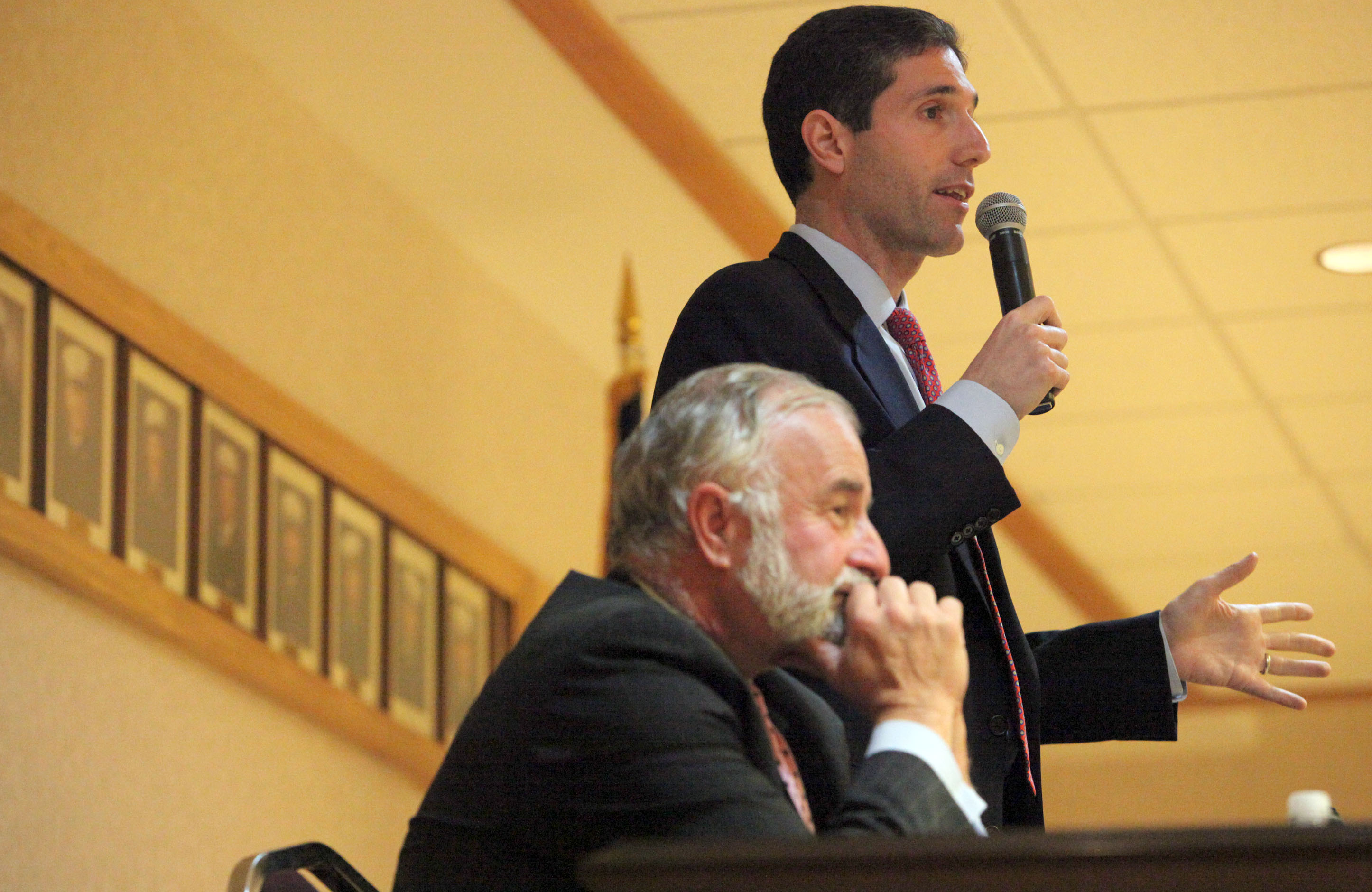
THE UGLY TRUTH
Just as attractiveness can help job-hunting applicants beat out the competition, looks can also hurt (case in point, Sherry Alfano). Studies from the ’70s and ’80s found that a woman’s appeal decreased her popularity in the job market: Attractive women were disadvantaged in evaluations for managerial positions. Unattractive female participants gave significantly negative ratings for the attractive women they evaluated, perhaps out of jealousy. And attractive women’s ratings for corporate success were severely affected by their good looks. A 2010 study by the University of Colorado Denver Business School agreed, finding that women face discrimination when they apply for jobs where appearance is not important or if the job is deemed “masculine.”
Newsweek’s report found that this negativity has prevailed into the 21st century. More Americans today reported that attractive women are at a disadvantage in the job market, with 12 and 9 percent, respectively, as compared to the respective 5 and 4 percentages in 1990. And 10 percent of the polled public said that they know someone who has been held back professionally because of their good looks.
Debrahlee Lorenzana, the former Citibank employee fired in 2009 for allegedly being “too attractive,” as her lawsuit charges, can sympathize. On June 28, 2010, Lorenzana filed a gender discrimination complaint with the New York State Division of Human Rights.
“Citibank unquestionably treated me differently from the male business bankers in my branch,” asserts her complaint, “claiming that I could not wear normal business attire because I was ‘too attractive’ and refusing fundamentally to support me in the most basic ways for me to do my job, while at the same time supporting the male business bankers in full and never criticizing their attire.”
Since her story made headlines in June, the infectious buzz around Lorenzana has circled the cyber world and office space chatter. Recounting the progression of her mistreatment, Lorenzana alleges that she was ultimately fired, not because she was unable to meet quotas, but because the company set her up for failure.
Her attorney, Gloria Allred—known for taking on high-profile and oftentimes controversial cases (she represented Nicole Brown Simpson’s family during the O.J. Simpson murder trial and currently represents alleged Tiger Woods mistresses Rachel Uchitel and porn star Joslyn James)—is pulling no punches fighting back.
“Citibank attempts to crush her after she complained of their sexist treatment will not be tolerated,” she declared in a written statement. “We allege that this termination was pretextual, retaliatory and unlawful. Every employee has the right to file a complaint of gender discrimination with their employer, without being punished by retaliatory conduct for having protested the gender discrimination.”
Alfano, too, has encountered this retaliatory discrimination, according to her complaint. Before working at the Starbucks in Great Neck, Alfano was a barista at the coffee chain’s Merrick Road location. But after the store’s manager failed to reprimand a co-worker for making racist and sexual comments toward coworkers and physical threats toward Alfano, she contacted Starbucks’ national complaint center. Again, the center referred Alfano’s gripes to Partner Resources, and a month later, she was placed at the Northern Boulevard location, it reads.
But when she arrived, the district manager informed Alfano that he would never promote her because of her complaints, charges her lawsuit. And her store supervisors were of no help, either.
“‘You’ve been transferred from one store because things had happened,’” Alfano recalls one of her supervisors saying. “‘They’re going to start to think something’s wrong with you. You want to get promoted to supervisor, you have to learn to deal with the problem and let it roll off your back. He [Keith] doesn’t mean anything by it; he’s harmless. That’s just how he is.’”
With no one listening to her pleas, Alfano says, she felt powerless.
“[As] a barista, I felt like I was always trying to stay on top and not drown and suffocate because I had these supervisors that were also my friends, or pretending to be my friends, that were telling me if I want to get promoted,” she says, “I have to learn to let things roll off my back, I’m too serious, I’m, you know, not going to get far if I keep complaining to everyone, they’re not going to take me seriously.”
This is simply unacceptable, and the explanation which Alfano says she got—that she was to blame because she’s “‘too sexy’”—is exemplary of the continued discrimination against women still existing in the workforce today, explains NOW’s Pappas.
“This is 2010, and one would think that employers and employees would never think that sexual harassment is appropriate no matter how they perceive the beauty of that person who is being harassed,” she says. “That comment of her employer certainly shows the ignorance that still permeates our society on the issue of harassment and women in the work place.
“It’s everywhere, it’s not just Long Island,” adds Pappas.
In fact, one of the main reasons she went through with her motion, Alfano tells the Press, was to expose what is going on and prevent it from happening to other women—at her former Starbucks and across the country.
“I’m sure there are lots of [Keiths] out there,” she says.
With Alfano’s good looks and Lorenzana’s curves working against them in the workplace, Newsweek’s study results may provide an answer as to why.
“Our survey results found that recruiters believe women will get ahead by showing off their figures at work, yet at the same time, they can be punished for being too good-looking—viewed as less intelligent or vain,” Newsweek’s Bennett tells the Press. “So how do you strike a happy medium? It’s not easy. And where it often leaves us is obsessing about our appearance when we should be thinking about the bottom line.”




